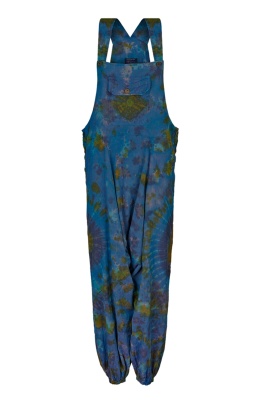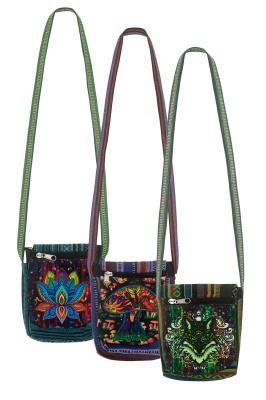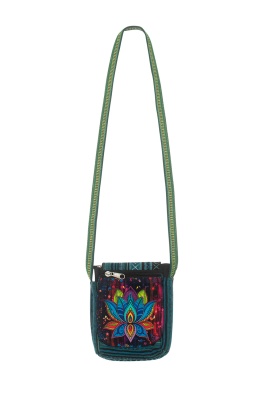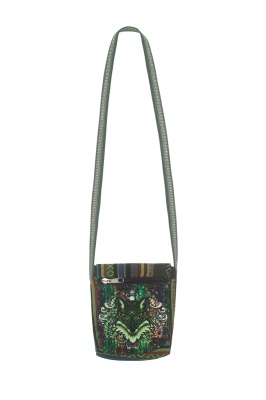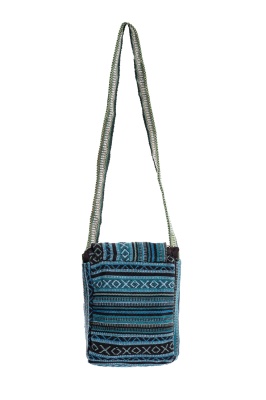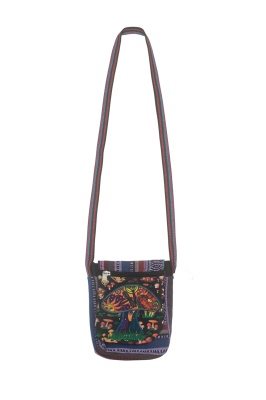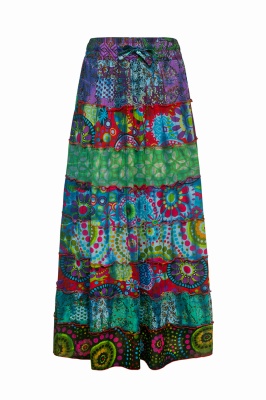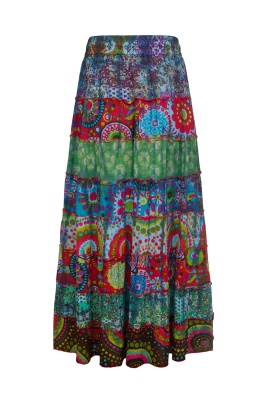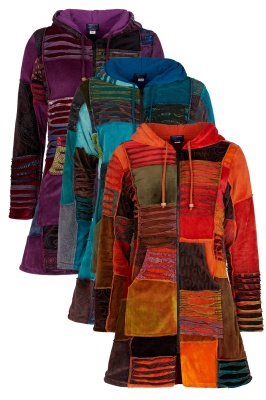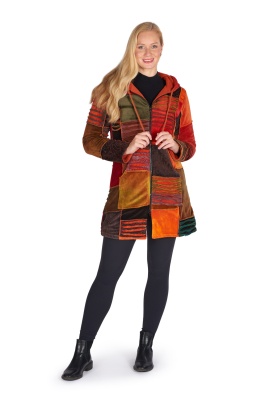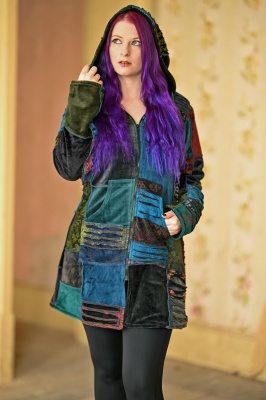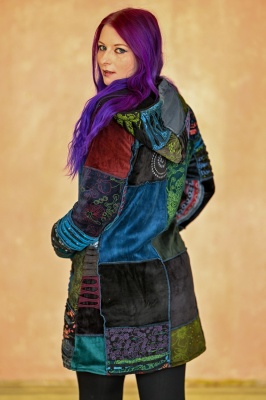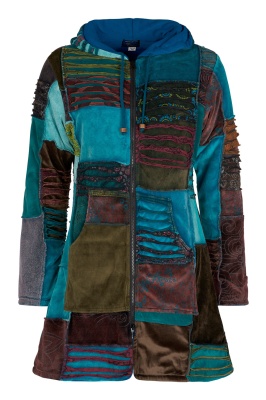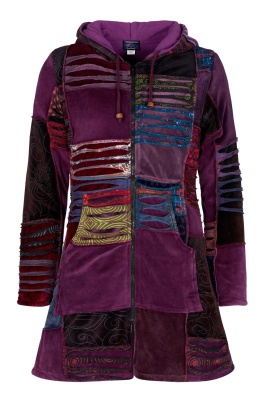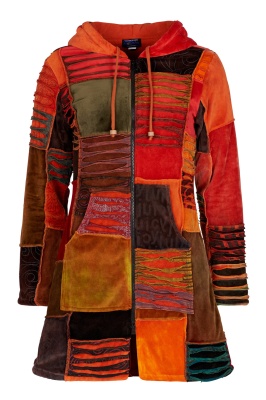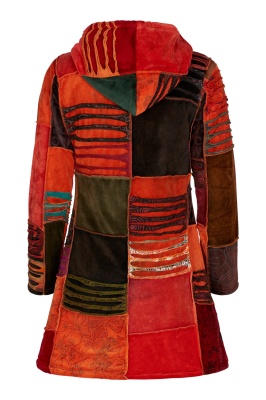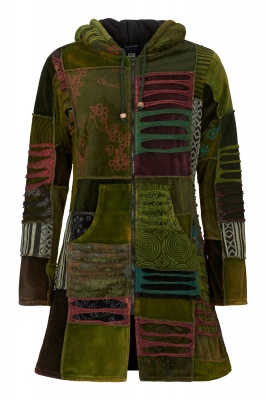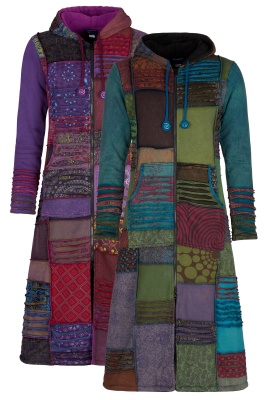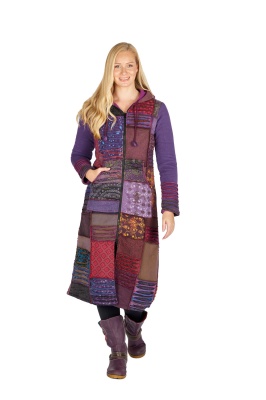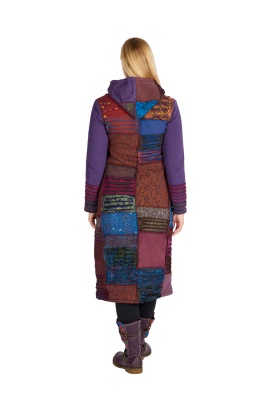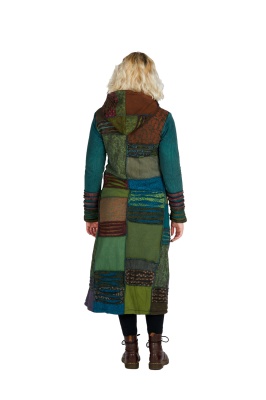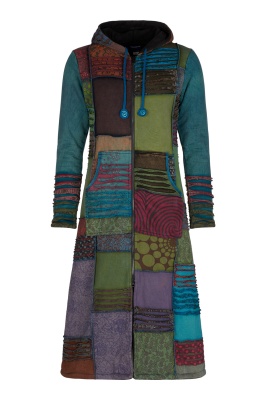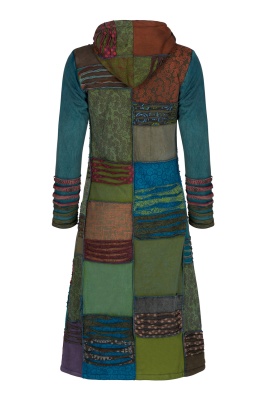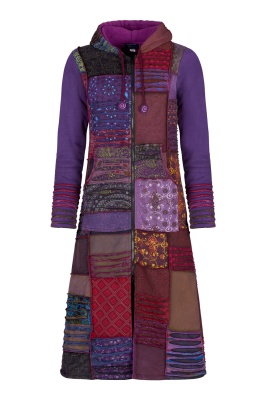Pagan History – What Went on Before Christmas Came Along?
Christmas is all about Christianity, right? Well, not really. When you think about it, Xmas is a mish-mash of all sorts of different celebrations: the winter solstice, Santa Claus/Father Christmas/St Nicholas, King Wenceslas, angels and elves, kings, fairies, reindeer, Christmas trees and wreaths, lights, baubles and gifts. In fact late-December celebrations have taken place for millennia, stretching back thousands of years, long before Christianity came along.
Plenty of religions claim the winter solstice itself as a holy day, including sun worshippers and pagan nature worshippers. And plenty of the things we do at this time of year have roots that long pre-date Christianity. Our consumer society means some of the Xmas traditions we hold so dear are actually made up by businesses. Before Coca Cola came along, for example, Santa traditionally wore green. Now he's decked out in red, thanks to a fizzy drink that once – allegedly - contained cocaine as an ingredient!
Back in the olden days when the new Christian religion was steadily creeping across Britain, early church leaders purposely blended ancient religious objects and sites with the new religion in an effort to appease the pagan gods and attract more followers. They built their churches on ancient pagan worship sites, co-opting ancient yew trees into churchyards. The early Christians were keen to convert Britain's pagans, but at the same time they were fascinated by pagan traditions, something their ancestors set great store by. Some say they hedged their bets, adopting the new Christian god while also hanging onto the old pagan gods 'just in case'.
Rolling time forwards the Christmas tree originated in 1600s Germany, made popular over here by Queen Victoria's German husband Albert. Experts say it has its roots in the pagan practice of bringing greenery indoors in midwinter as a decoration. Today's Santa Claus originates in England's Father Christmas plus a host more European variations on the theme, and he didn't start bringing gifts until fairly recently. Some even say Santa originated with the ancient pagan midwinter spirits themselves.
The very fact that Xmas falls in midwinter makes it perfect for feasting. It marks winter's half way mark, the point at which the nights start getting slowly lighter again, and that's always something to celebrate. To a traditional agricultural society it also meant the harvest was in and people had time for a well-earned rest before sowing the next year's crops. And, last but not least, it's a miserable time of year, a time when the weather's horrible and everyone needs cheering up. It's a potent combination.
Christianity eventually spread across Britain. But it took a while – hundreds of years - for the first Christians to adopt their own midwinter festival and call it Christmas. You can search high and low but there's nothing in the bible that pins down Jesus' birth date as 25th December, and it didn't occur to the early Christians to celebrate his birthday. It took until the 4th century AD for Rome to specify Christmas as an official celebration.
The Puritans hated Christmas, which slowed its spread. In the 1500s the Protestant Reformation considered it little better than paganism, probably partly because it was celebrated in such a rowdy and sometimes bawdy way. Oliver Cromwell banned it altogether, and it was actually against the law to celebrate Xmas for around a quarter of a century during the 1600s.
What about the giving of gifts? It's the least traditional 'tradition' of all. In the early days of Christmas people would exchange gifts on New Year's Day, a feel-good factor to celebrate the end of the year. The 1800s saw Queen Victoria kick off the practice of gift-giving, and records show she started giving gifts in around 1841.
These days Christmas usually involves excessive spending and various kinds of over-consuming, in line with today's consumer-led society. Its religious side has, for many people, taken second place if it takes any place at all. Many of us treat the event simply as a well-deserved winter holiday, a time when we see our loved ones and re-establish valuable relationships. And, of course, hold parties. And that's where we come in, with oodles of beautiful, colourful clothing to help you make an impact, feel fabulous, look amazing and party yourself into a wonderful festive frenzy!
On that note we'd like to wish all of our customers, old and new, a wonderful winter solstice and a happy, enjoyable new year filled with fun and joy.

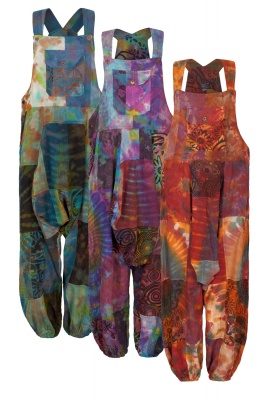
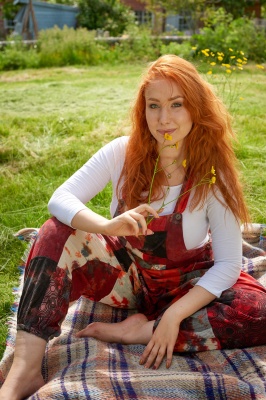
.jpg)
.jpg)
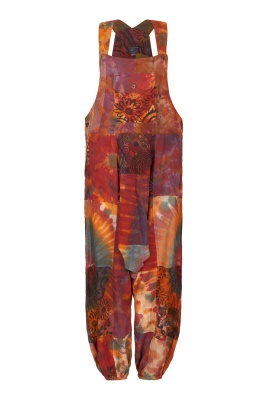
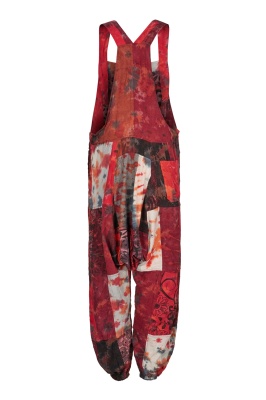
.jpg)
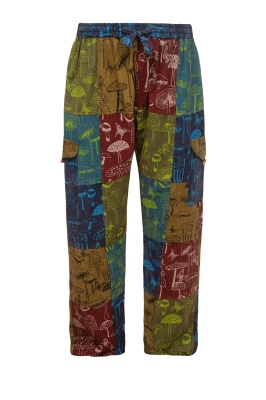
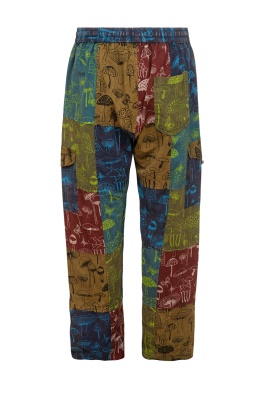
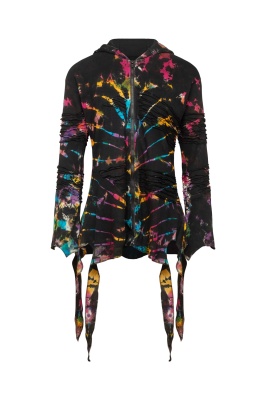

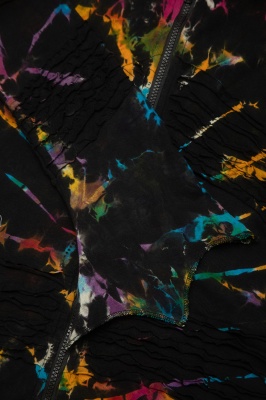
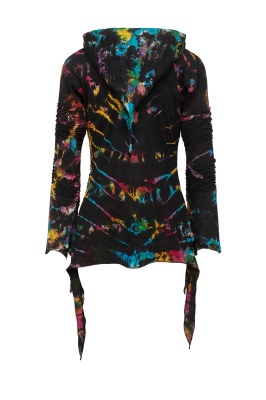
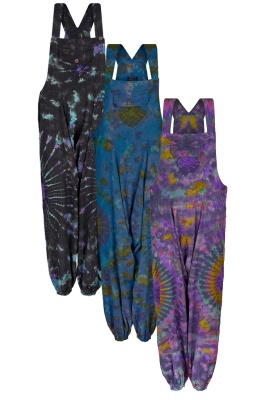
.jpg)
.jpg)
.jpg)
